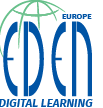
- This event has passed.

EDEN 2025 Annual Conference
June 15, 2025 @ 08:00 – June 17, 2025 @ 17:00
- Registration and main conference venue is: The Belmeloro Campus of the University of Bologna (UNIBO Aula Studio, Via Beniamino Andreatta 8, Bologna
- Welcome Reception on Sunday at 18.00 is Palazzo Poggi, Via Zamboni 33, Bologna
- Allow 6 min walk from registration at Belmeloro to the Welcome Reception. We recommend registering earlier during Sunday (registration desk open since 13.00) to avoid last minute rush.
- ❗For Presenters❗
- Please bring your presentation in USB stick as logging to a cloud may cause a problem due to university security systems. Put the presentation file on the computer before your session.
- We ask the last presenter of the session to moderate the session by keeping the time and introducing fellow speakers.
Shaping the Future of Education in the age of AI
Empowering inclusion, innovation and ethical growth
The EDEN Digital Learning Europe Annual Conference 2025 will focus on the future of education in the age of AI. The conference will explore the opportunities and challenges posed by generative AI, recognizing its potential for growth and innovation in education, while critically addressing the associated risks. It is important to recognize that different perspectives (educational, engineering, social, economic, psychological, etc.) are necessary to be taken into account to fully cover the impact of this technology for teaching, learning ad assessment, now and in the future. The conference will further present different scenarios of AI integration in education, ranging from personalized learning to global learning networks. The conference will reflect on how we can democratize access to knowledge, foster equity and inclusion, bridge gaps in education quality, cross boundaries, raise ethical awareness, combat biases and disinformation, promote global citizenship and sustainable development. The conference will also discuss the Bologna Process and its impact on shaping digital and AI-driven educational policies across Europe. A special focus of the conference will be on the role of AI in upskilling and reskilling for the future of work. Through these discussions, the EDEN Annual Conference 2025 aims to identify new directions for formal, informal, and non-formal education with, for and about AI, making critical mass around themes that matter to the future of learning, teaching, and societal well-being.
Subthemes:
- Bologna process and AI-driven educational policies in Europe
- Education with, for and about AI
- Transformative innovation through AI in education
- Personalized learning
- Assessment and micro-credentials
- Global learning networks
- Ethical considerations of AI in education
- Equity and inclusion in education
- Student and societal well-being
- Education quality
- AI for lifelong learning and training
- AI Literacy
- Professional development and digital scholarship
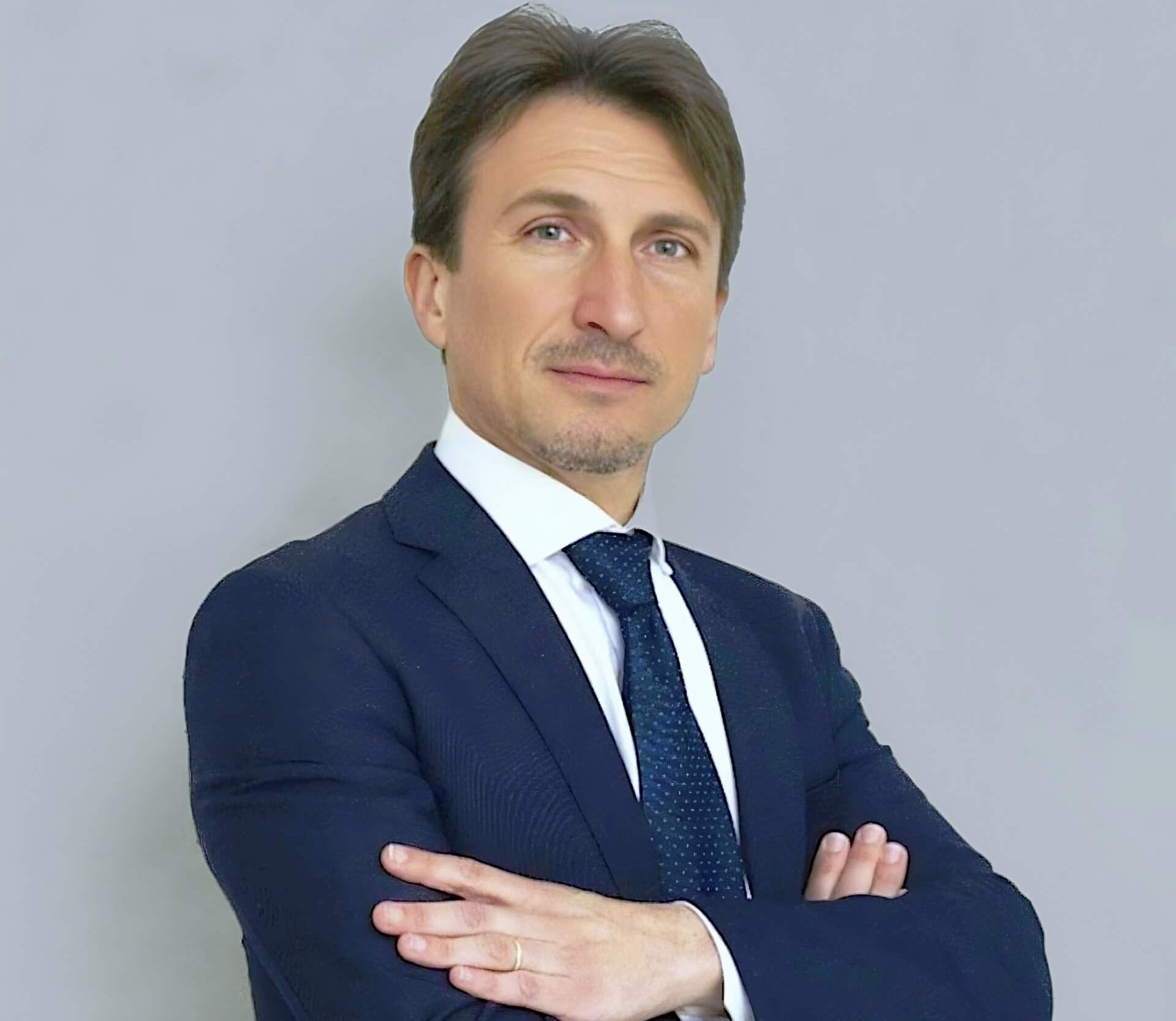
Gianluigi Greco
Professor of Computer Science and Director of Department of Mathematics and Computer Science at the University of Calabria, Italy
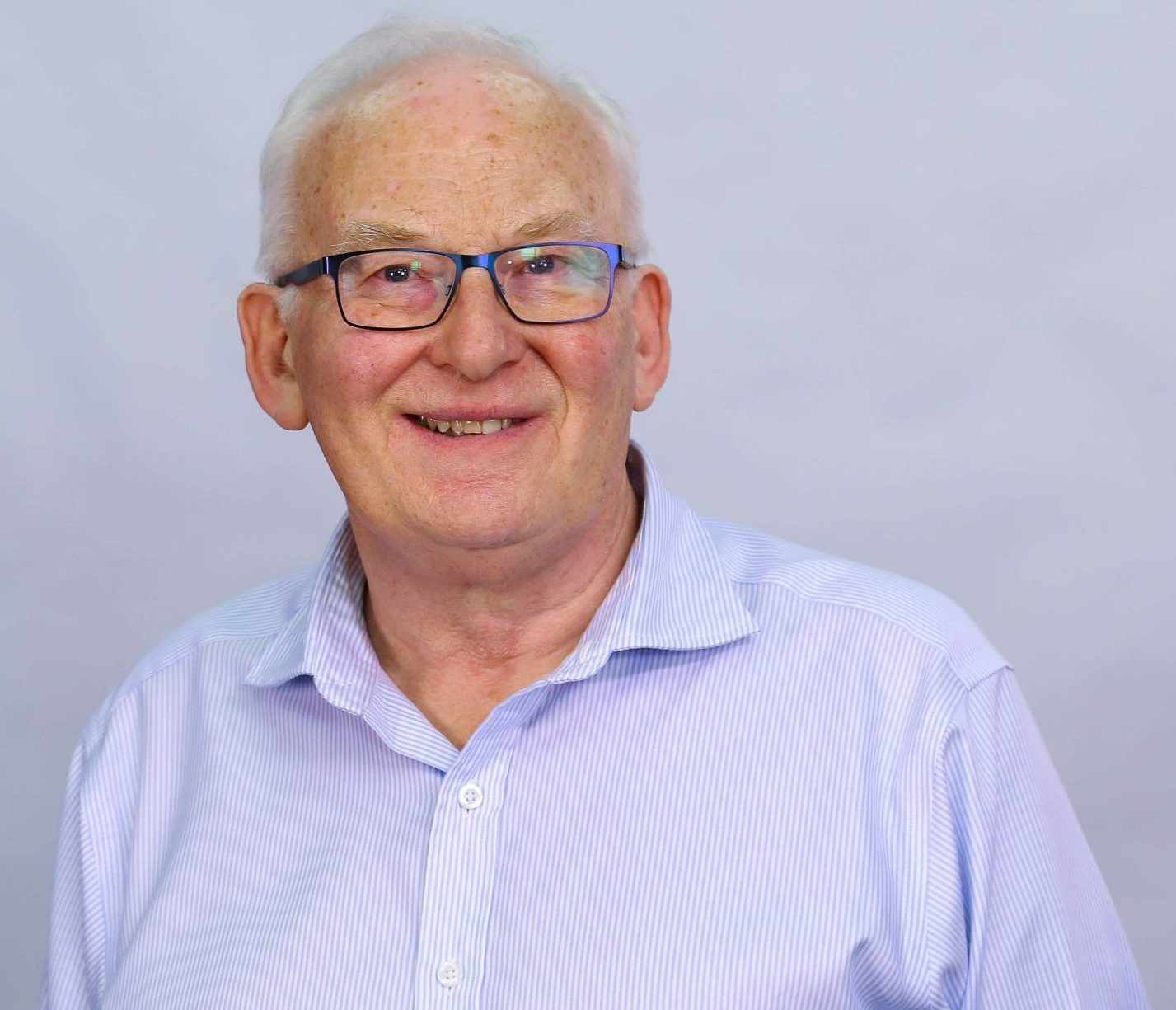
Stephen Murgatroyd
A Research Associate at Contact North, Ontario, Canada
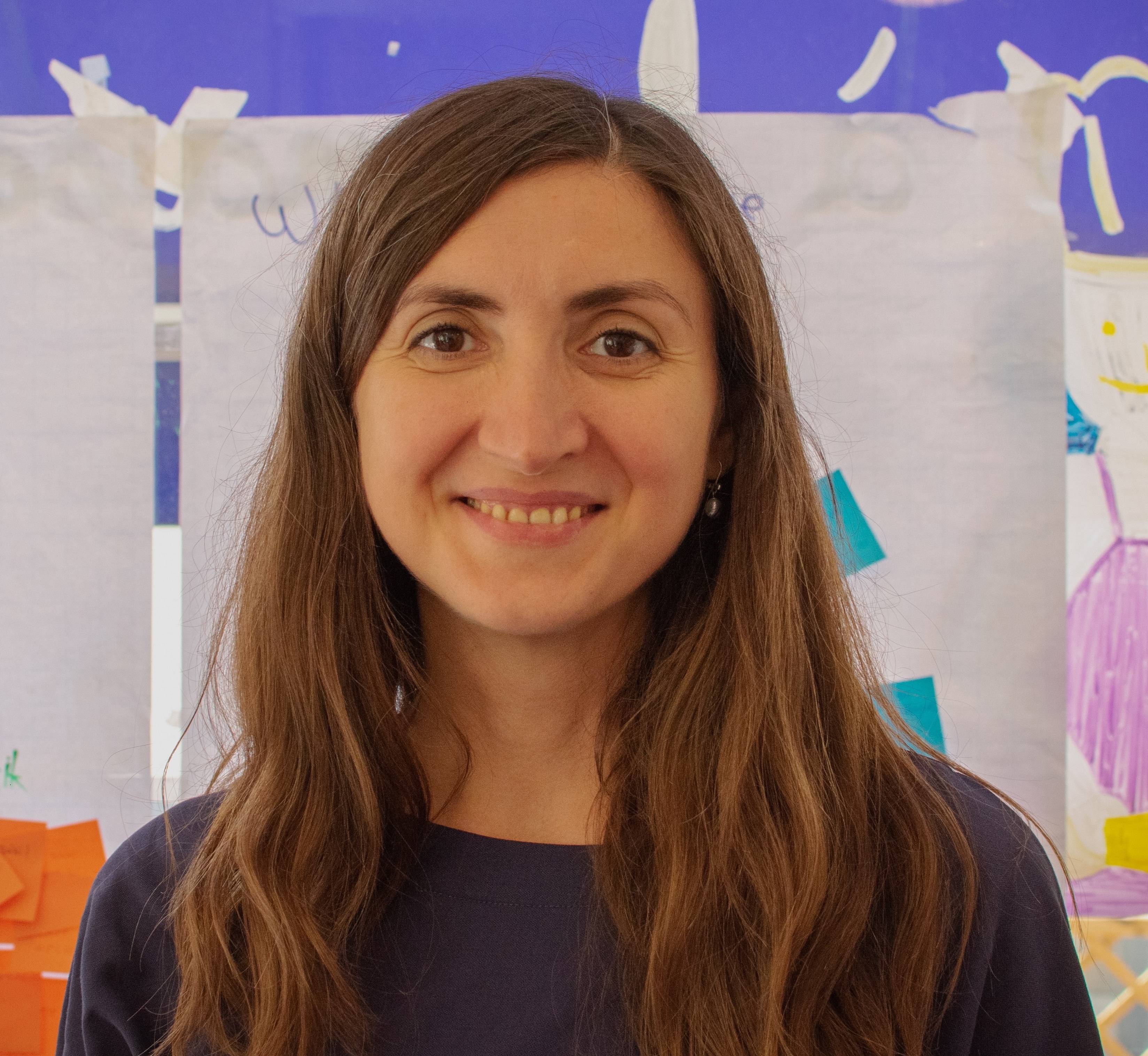
Dana Verbal
Digital Skills team lead at the DG for Education and Culture of the European Commission, Belgium
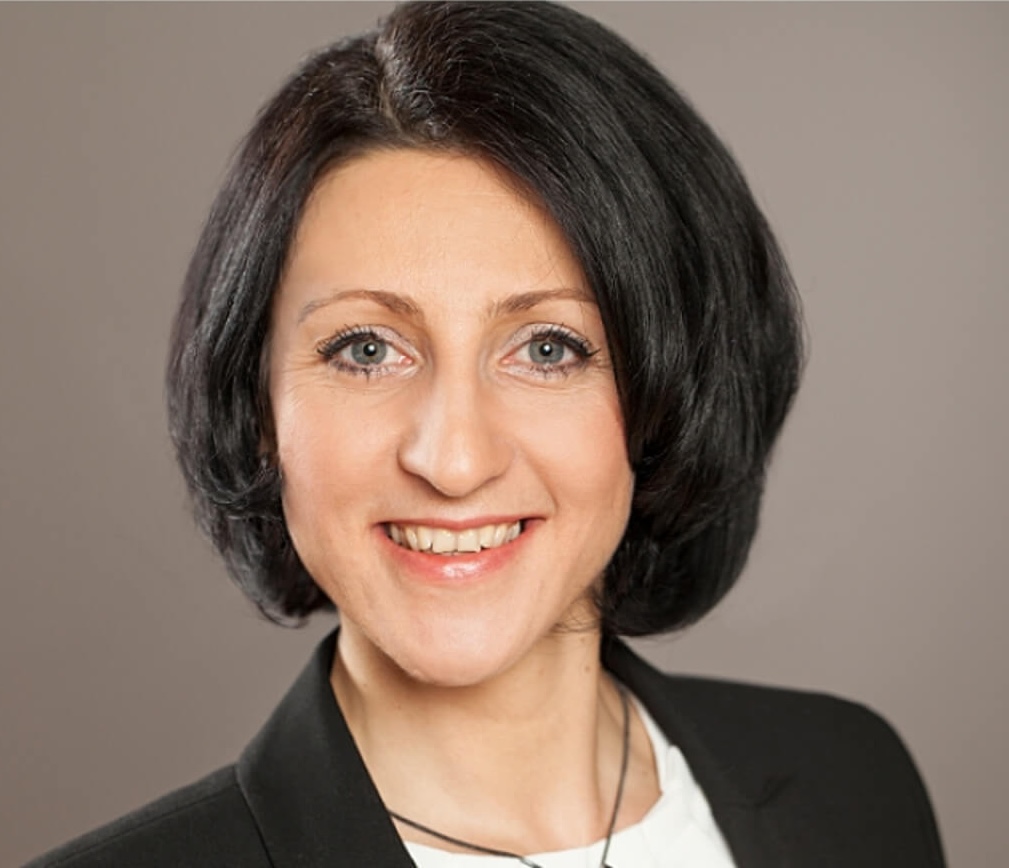
Ilona Buchem
Professor of Communication and Media at Berlin University of Applied Sciences (BHT), Faculty of Business and Social Sciences, Germany
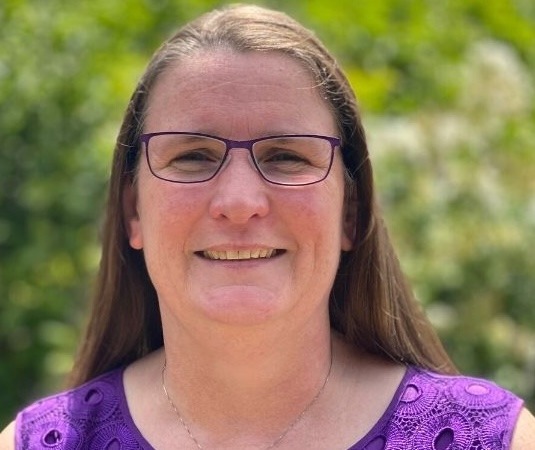
Mychelle Pride
Academic Director in PVC-Students at the Open University, UK
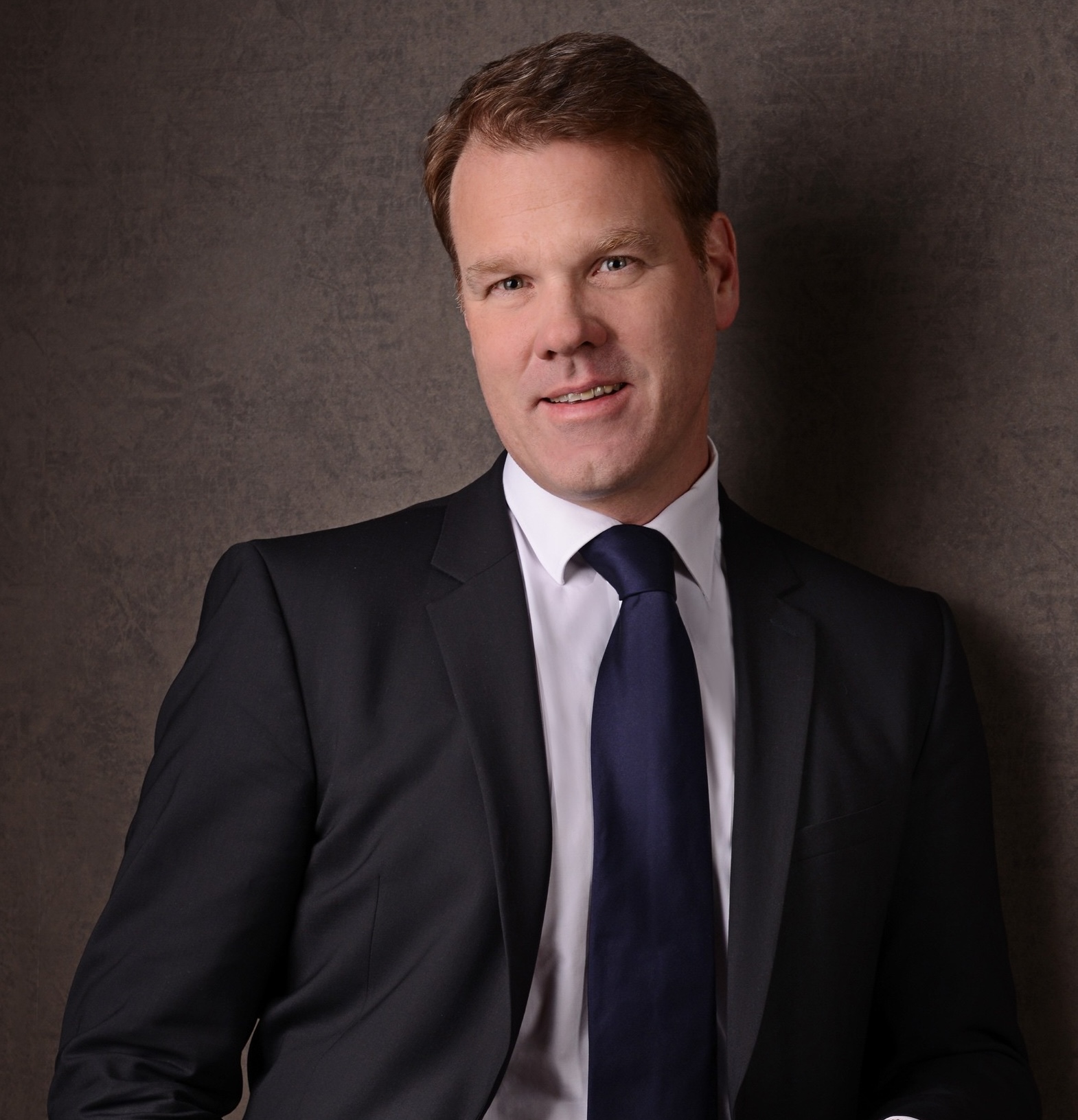
Ulf-Daniel Ehlers
The founder of www.mindful-leaders.net, Professor for Educational Management and Lifelong Learning at the Baden-Württemberg Cooperative State University (DHBW), Germany
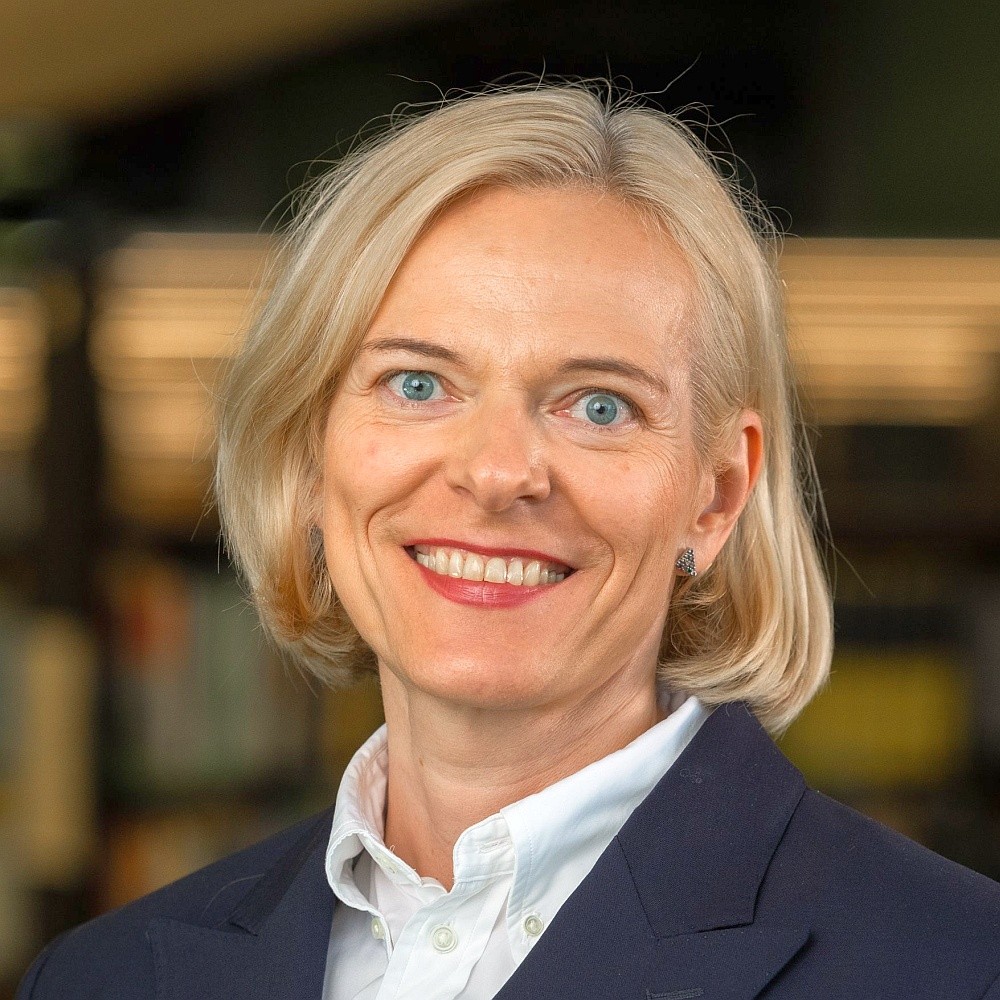
Janika Leoste
An Associate Professor of Educational Robotics at Tallinn University and a Postdoctoral Researcher at Tallinn University of Technology, Estonia
Monday, June 16th 2025 – Keynote Speaker
Gianluigi Greco
Title of the keynote: “AI for Innovation in Higher Education – New Essential Skills Required!”.

Gianluigi Greco is a Full Professor of Computer Science at the University of Calabria, Director of Department of Mathematics and Computer Science since 2018. With over 200 scientific publications in the field of AI, he has received numerous awards and recognitions, including the AAIA Fellowship (2022), the EurAI Fellowship (2020), the IJCAI Distinguished Paper Award (2018), the Kurt Gödel Fellowship Award (2014), the Marco Somalvico Award (2009), and the IJCAI-JAIR Best Paper Award (2008). He is a member of the editorial boards of numerous computer science journals and an Associate Editor of the AI Journal. Since 2022, he has been the President of the Italian Association for Artificial Intelligence (AIxIA), the leading Italian scientific association in the field, founded in 1988, with more than 2500 professors and researchers from public and private universities and research centers. Gianluigi is also a member of the Board of Directors of the Italian Society for the Ethics of AI (SIpEIA), since 2023 a Coordinator of the committee established at the Presidency of the Council of Ministers for updating the national strategy on AI.
The keynote will present an analysis of the current state of the art in AI-based technologies to fully understand what machines are capable of today and what they are likely to be able to do in the near future. Starting from the capabilities of machines, the seminar will explore the human skills that will become increasingly essential to interact with them, to use them critically while fully understanding their potential and risks, and to live consciously in a society where reality and digital fiction will become increasingly indistinguishable. The seminar will also provide insights into the role that educational institutions will play in this ever-evolving world, as well as how they themselves can leverage the innovations of modern AI-based technologies
Monday, June 16th 2025 – Spotlight Speakers
Dana Verbal
Title of the keynote: “Connecting Policy to Practice: Advancing Digital Education and Skills in Europe”.

Dana Verbal leads the Digital Skills team at the Directorate-General for Education and Culture of the European Commission. Her team operates within the Digital Education unit, supporting the Commission’s goals for the European Education Area, the Union of Skills, and the 2030 targets of the Digital Decade policy programme. Previously, Dana spent twelve years at the Commission’s Directorate-General for Employment, Social Affairs and Inclusion, working on social economy, social finance, and the European Social Fund. She holds degrees in International Economic Relations and Social Sciences from the Academy of Economic Studies in Bucharest and the University of Trieste.
Ilona Buchem
Title of the keynote: “AI-Driven Social Robots in Education: Scenarios, Opportunities and Challenges”.

Prof. Dr. Ilona Buchem is a full Professor of Communication and Media at Berlin University of Applied Sciences (BHT), Faculty of Business and Social Sciences. She leads the Communication Lab, where social and humanoid robots, such as NAO, Pepper, and Furhat, are used to study Human-Robot Interaction (HRI) in education and elderly care. Her research focuses on the application of social robots as assistants in education and healthcare, exploring their impact on user experiences and outcomes. She is the founder and chair of the Special Interest Group (SIG) “Educational Robots & Robotics – SIG EduRobotX” at the European Association of Technology Enhanced Learning (EATEL). Prof. Buchem is a member of EATEL and serves on the advisory board of Online Educa Berlin (OEB). Research profile: ORCID https://orcid.org/0000-0002-9189-7217
Mychelle Pride
Title of the keynote: “Harnessing AI for Equitable, Inclusive and Personalised Education”.

Mychelle Pride is the Academic Director in PVC-Students at the Open University UK, currently leading a strategic change initiative in the future of learning and assessment, with a particular focus on personalised learning and the purposeful integration of Artificial Intelligence. She led the university’s initial response to Generative AI in Learning, Teaching and Assessment and co-established a thriving community of practice. With twenty-five years’ experience in further and higher education, Mychelle has specialised in widening access and participation, equity, diversity and inclusion, and learning and teaching. Mychelle is currently undertaking a PhD in student mental health.
Ulf-Daniel Ehlers
Title of the keynote: “Higher Education and Human Competence in the Age of Artificial Intelligence”.

Ulf is the founder of www.mindful-leaders.net, a full Professor for Educational Management and Lifelong Learning at the Baden-Württemberg Cooperative State University (DHBW), establisher of NextEducation, an international boutique-research group dedicated to Future Skills, Microcredentials, and digital transformation in higher education (www.next-education.org). A long-term Vice-President of the European Association of Institutes of Higher Education (EURASHE), a director of the Executive Council of (EDEN), EDEN Senior Fellow, a Board Member for the Future Skill Alliance in Germany, Ulf has captivated audiences in more than 45 countries with his keynote speeches; a prolific author and editor, contributing to over 18 books and 300 scholarly articles, amassing over 7,500 academic citations. Ulf holds degrees in English Language, Social Sciences and Education Sciences.
Tuesday, June 17th 2025 – Keynote Speaker
Stephen Murgatroyd
Title of the keynote: “AI As A Disruptive Force At A Time Of Uncertainty“.
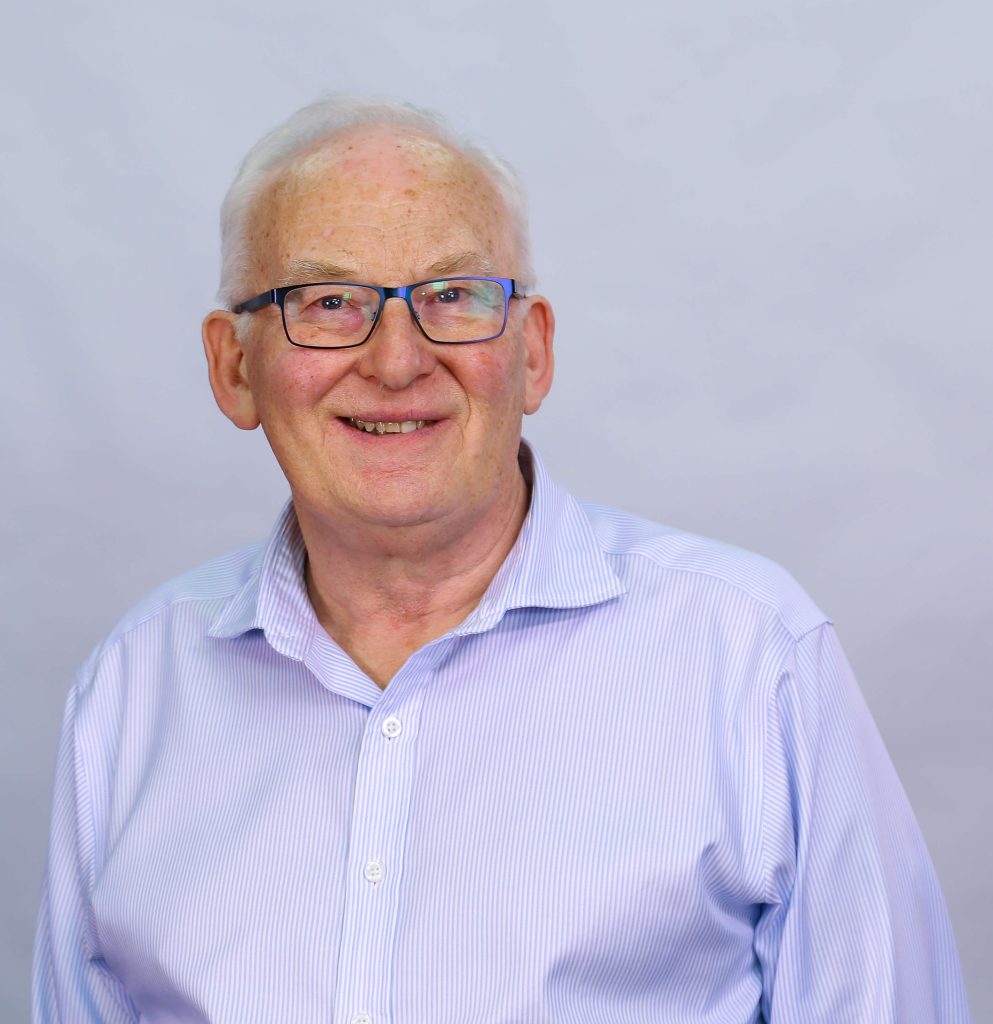
Stephen Murgatroyd is a Research Associate at Contact North | Contact Nord, a Canadian organization based in Ontario. A prolific author, he has written 50 books, including The Future of Higher Education in an Age of Artificial Intelligence, as well as over 200 academic papers and articles. His most recent research explores the transformative impact of AI on higher education. During his tenure at The Open University (UK) and Athabasca University in Canada, he led groundbreaking initiatives, most notably the launch of the world’s first fully online MBA program in 1993-94. A sought-after speaker and educator, he teaches future studies at the University of Alberta and delivers keynote addresses at conferences across Europe and worldwide. Based in Alberta, Canada, Stephen continues to shape the future of education through his research, teaching, and thought leadership.
In his presentation, Stephen Murgatroyd will invite us to explore four scenarios for the future of higher education in an age of AI and examine the questions of risk, challenge and uncertainty.
He will also explore with us what is on the near horizon, and we need to begin to consider including:
– quantum computing
– significant developments in humanoid robotics
– artificial general intelligence (AGI)
– new entrants into the higher education market
– new demands for skills and capabilities from employers
His message is that it is time for everyone in the sector to ask more fundamental questions about purpose, process and possibilities.
Business as usual is not an option.
Link to Stephen Murgatroyd’s book The Future of Higher Education in an Age of Artificial Intelligence.
Tuesday, June 17th 2025 – Spotlight Speakers
Janika Leoste
Title of the keynote: “Integrating Robot Assistants and Knowledge Transfer in Education“.

Janika Leoste, a PhD in Educational Sciences and a M.Sc. in Economics and Finance, is an Associate Professor of Educational Robotics at Tallinn University and a Postdoctoral Researcher at Tallinn University of Technology. Her research focuses on educational innovation, including robotics and AI. Since 2019 she is teaching at university, including robot-integrated learning and project-based learning projects. She has supervised 12 MA students and has 4 PhD students under supervision. Janika has successfully applied for research funding from many national and international sources, including the EU’s Horizon.
Authors are invited to submit high-quality manuscripts reporting original unpublished research and recent developments.
Submissions should align with the conference theme and the topics related to the scope of the conference (see below). All paper types will be double-blind peer-reviewed by members of the Scientific Committee. Find all the submission types and guidelines below.
There are three different paper submission categories: Full paper, Concise paper and poster.
Full paper – A Full Paper allows you to present a slightly longer account of your work. This presentation format is better suited to sharing the findings of case studies, research projects or more mature innovations related to the conference theme/topics which allow you to provide a richer analysis, description and interpretation of the work. Importantly, a Full Paper should identify the main implications or discussion points which will be of wider interest to conference participants. The paper length is 2500 to 3500 words, including tables, figures and references.
Full papers may be two types:
- An experience paper (based on the project or other innovative practice);
- A research paper with a clear research methodology and research results.
Only research based Full papers will be considered for the Best Research Paper Award.
If your Full Paper is accepted, the presentation time is a maximum of 15 minutes and 5 minutes for questions (i.e., 20 minutes in total).
Concise paper – a Concise Paper allows you to present a shorter summary of your work. This presentation format is ideally suited to small projects, new and emerging areas and works in progress. The format allows you to showcase and/or offer a brief snapshot of your work, with a specific focus on the main findings or discussion points that should be of wider interest to conference participants. The length of a Concise Paper should be 200-500 words. If your Concise Paper is accepted, the presentation time is 10 minutes with 5 minutes for questions (i.e., 15 minutes in total).
Poster – A Poster allows you to present your work on a poster board which will be on display throughout the conference. This format is ideal for showcasing and/or offering a brief snapshot of your work to generate more interest and follow-up conversations with conference participants. The author(s) need to bring the printed poster to the conference and attach it to the poster board when they arrive at the conference venue. There will not be a dedicated poster session in the conference programme, but we encourage presenters to be available to discuss their work during the refreshment breaks. Poster submissions are between 250 and 500 words, including references. Authors of posters accepted for presentation will be required to prepare a maximum 800 mm height x 1000 mm width (landscape). Please note, that bigger formats will not be accepted!
Note: Posters’ authors are not required to make poster presentations
Action Lab– upon invitation only. Action Labs allow participants to debate, discuss and engage in lively professional dialogue on high-profile topics or issues relevant to the conference theme. Each Action lab will be structured around a handful of big questions for participants to debate.
General Instructions
As all submission types will be subject to a peer review process. Full Papers will be double-blind peer-reviewed by members of the Scientific Committee consisting of international experts working in the field. Other paper types will be peer-reviewed by the conference co-chairs and members of the Programme Committee. Authors should leave their names and affiliations blank when uploading submission documents, and take care to avoid details that could be used to identify contributing authors. These include institution information, specific funding information and clear self-citations. Authors of selected top-quality Full Papers will be invited to submit an extended manuscript for publication as a scientific journal paper in EURODL.
All Papers will be published in EDEN’s conference proceedings (ISSN: 2707-2819). Full papers will be published as Ubiquity press proceedings special issue with unique DOIs. The formatting of all types of submissions should follow the guidelines and templates provided. References should follow the APA (7th) style. Please note that authors are limited to one Full Paper in which they are the first author. There is no restriction on the number of submissions by multiple authors.
Acceptance Criteria
Decisions on acceptance will be based on the following criteria:
- Originality
- Innovation
- Quality of scholarship
- Contribution to new knowledge
- Alignment to the conference theme
Contributions outside of the main conference themes will be considered if they bring new knowledge and benefit delegates. The Conference co-chairs and the Scientific Committee will make the final decision as to the accepted submission format to ensure quality and the coherence of the conference theme. Note that some Full Paper submissions may be accepted following revisions as Concise Papers after the review process. All Full Papers will be considered for the prestigious EDEN Best Research Paper Award, which will be presented at the Gala Dinner.
EDEN Best Research Paper Award in cooperation with The UNESCO Chair in Education and Technology for Social Change
EDEN Best Research Paper Award competition is based on evaluation results on submission of Full Papers in research category presented to the Annual Conference that follow five standard evaluation criteria:
- The paper deals with a research question.
- Rigorous examination/research methods are applied.
- Findings, results and outcomes are convincingly presented and critically examined.
- Conclusions are thoroughly discussed (including applicability, transferability, and further research.
- Literature is reviewed against state of the art.
The composition of the honourable jury for the EDEN Best Research Paper Award is composed in cooperation with The UNESCO Chair in Education and Technology for Social Change:
Alan Tait (The Open University, UK) (Chair)
Teresa Romeu (Universitat Oberta de Catalunya, UOC, Spain)
Maurizio Sobrero (Alma Mater Studiorum Università di Bologna, Italy)
The decision on the winner of the EDEN Best Research Paper Award will be announced on June 16th at the EDEN Annual Conference Gala Dinner in Bologna, Italy.
EDEN Annual Conference PhD Symposium held in previous years in Barcelona (2018), Bruges (2019), Dublin (2019), Timisoara (2020), Lisbon (2020), Madrid (2021), Tallinn (2022), Dublin (2023) and Graz (2024) has been designed to foster the exchange of experiences and knowledge among doctoral students conducting research in the area of technology-enhanced online, digital, open and distance learning, and provides a valuable forum for the advancement of doctoral research. EDEN supports networking of research community in digital education topics therefore, we encourage participation of not only PhD students but also their supervisors. PhD supervisors who come with their PhD students may register to the conference at a discounted rate of 390 eur in the Early Bird stage.
The Symposium is open to all doctoral students, both PhD and EdDs, and will be led by the host university with contributions from EDEN Management Board members and a panel of international experts.
Doctoral candidates are invited to submit a brief Synopsis Paper of their work in progress or proposed research topic, as there will be an opportunity to discuss your research during the Symposium. This Synopsis Paper should be a maximum of 500 words, including references. Participation in the Symposium is not dependent on the submission of a paper.
| Registration opens | January 15, 2025 |
| Paper submission opens | January 15, 2025 |
| Deadline for paper submissions (Extended Deadline for PhD Symposium submissions) | April 1, 2025 |
| Notification of paper admission | April 8, 2025 |
| Early bird registration deadline | April 15, 2025 |
| Authors’ registration and payment deadline (at least 1 author of the paper) | May 10, 2025 |
| Final Camera-Ready Manuscript for Full papers | May 10, 2025 |
| Delegates’ registration closes by Invoice payment (stays open by card) | June 1, 2025 |
| Publishing of the Program | June 2, 2025 |
| Delegates’ Registration closes by card payment as well | June 8, 2025 |
| PhD Symposium | June 15, 2025 |
| Gala dinner | June 16, 2025 |
| Conference dates | June 15-17, 2025 |
| Proceedings | September – October 2025 |
For best conference program experience download ExOrdo application:
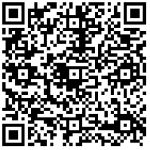
Sunday, June 15 2025
| 09:00 – 10:00 Registration Desk Open | |
| 09:45 – 12:45 PhD Symposium | 09:45 – 10:00 Opening Session 10:00 – 10:30 Coimbra Group Workshop 10:30 – 12:45 Parallel Session 1: Transformative innovation through AI in education 10:30 – 12:15 Parallel Session 2: Education quality / Equity and inclusion in education 11:30 – 11:45 Coffee Break |
| 12:45 – 13:30 Lunch Break | |
| 13:30 – 15:45 PhD Symposium | 13:30 – 15:45 Parallel Session 3: Education with, for and about AI 13:30 – 15:15 Parallel Session 4: Personalized learning 14:30 – 14:45 Coffee Break |
| 13:00 – 18:30 Registration Desk Open/Post Display Setup | |
| 18:00 – 19:30 Welcome Reception/EDEN Fellow and Senior Fellow Awards |
Monday, June 16 2025
| 08:00 – 17:00 Registration Desk Open | |
| 09:00 – 11:00 Opening Plenary Session | – EDEN President´s Welcome – Conference Chairs’ Welcome – University of Bologna official welcome – Spotlight: Dana Verbal (European Commission) – Spotlight: Ilona Buchem (Germany) – Spotlight: Mychelle Pride (UK) – Spotlight: Ulf-Daniel Ehlers (Germany) |
| 11:00 – 11:20 Refreshment Break | |
| 11:20 – 12:05 Action Lab / Parallel Sessions | |
| 12:20 – 13:05 Parallel Sessions | |
| 13:05 – 14:00 Lunch break | |
| 14:00 – 14:50 Plenary Session | – Keynote: Gianluigi Greco (Italy) |
| 15:00 – 15:45 Action Lab / Parallel Sessions | |
| 15:45 – 16:15 Refreshment Break | |
| 17:15 – 18:15 Action Lab / Parallel Sessions | |
| 19:00 – 23:30 Gala Dinner, EDEN Best Research Paper Award in cooperation with The UNESCO Chair in Education and Technology for Social Change | EDEN Best Research Paper Award in cooperation with The UNESCO Chair in Education and Technology for Social Change finalists |
Tuesday, June 17 2025
| 09:00 – 17:00 Registration Desk Open | |
| 09:00 – 10:30 Plenary Session | – Welcome to Day 2 and EDEN AC 2026 Venue – Spotlight: Janika Leoste (Estonia) – Keynote: Stephen Murgatroyd (Canada) |
| 10:30 – 11:00 Coffee Break | |
| 11:00 – 11:45 Parallel sessions /Action labs | |
| 12:00 – 13:00 Parallel sessions /Action labs | |
| 13:00 – 14:00 Lunch break | |
| 14:00 – 14:45 The Great EDEN Panel | |
| 15:00 – 16:00 Action Lab / Parallel Sessions | |
| 16:15 – 17:15 Parallel sessions | |
| 17:15 – 17:45 Conference Rapporteur/Panel Discussion/Closing of the conference | |
| 17:45 – 18:15 Closing Reception |
Conference Scientific Committee:
- Wim E.A. Van Petegem, EDEN President, Belgium; Chair
- Antonella Poce, EDEN DLE Management Board, Italy; Chair
- Pier Cesare Rivoltella, Bologna University, Italy; Chair
- Airina Volungevičienė, Lithuania
- Alfredo Soeiro, Portugal
- Chiara Panciroli, Bologna University, Italy
- Denise Whitelock, The Open University, UK
- Elena Trepule, EDEN / Vytautas Magnus university, Lithuania
- Giuliana Benvenuti, Bologna University, Italy
- Josep M. Duart, UOC, Spain
- Mart Laanpere, Tallinn University, Estonia
- Maurizio Gabbrielli, Bologna University, Italy
- Maurizio Sobrero, Bologna University, Italy
- Polona Baloh Kremavc, Slovenia
- Rebecca Montanari, Bologna University, Italy
- Roberto Vecchi, Bologna University, Italy
- Sandra Kučina Softić, University of Zagreb University Computing Centre, Croatia
- Simone Martini, Bologna University, Italy
- Simona Tondelli, Bologna University, Italy
- Vlad Mihăescu, UPT, Romania
Key Dates:
Registration opens: 15 January 2025
Early Bird Registration Deadline: 15 April 2025
Find below the Registration Fees for EDEN 2025 Annual Conference in Bologna, hosted by The University of Bologna, Italy.
| Registration Fees – Late Member | €495 |
| Registration Fees – Late Non-Member | €560 |
| Registration Fees – Early Bird Member | €440 |
| Registration Fees – Early Bird Non-Member | €495 |
| Registration Fees – Students | €390 |
| Registration Fees – Late Students | €430 |
Cancellation Policy
1. VISA Cancellations
In case of not getting entry VISA, as proved through documents, refund 100% of the payment will be provided to the account from which payment was done. Valid up to 30 days before the start of the conference.
2. Other Cancellations
Delegates
- Registrations cancelled for attendees 60 days prior to the start of the conference will be refunded 100%.
- Registrations cancelled for attendees 59 – 30 days prior to the start of the conference will be refunded 75%.
- Registrations cancelled for attendees 29 – 15 days prior to the start of the conference will be refunded 25%.
- Cancelations 14 days and less prior to the start of the conference will not be refunded.
Please note that in all cases banking and transfer costs incurred through payment processing platforms such as Stripe or other financial and administrative intermediaries will not be refundable and will be deducted from the refunded amount, if applicable.
Organizer
- The organizers will not accept any liability for personal injuries or for loss or damage to property belonging to the delegates/attendees, either during or after the conference.
- Registration and main conference venue is: The Belmeloro Campus of the University of Bologna (UNIBO Aula Studio, Via Beniamino Andreatta 8, Bologna
- Welcome Reception on Sunday at 18.00 is Palazzo Poggi, Via Zamboni 33, Bologna
- Allow 6 min walk from registration at Belmeloro to the Welcome Reception. We recommend registering earlier during Sunday (registration desk open since 13.00) to avoid last minute rush.
Host Institution
Welcome to the EDEN Bologna Annual Conference 2025, hosted at the University of Bologna, the oldest university in the Western world, founded in 1088. Nestled in the heart of Bologna’s historic old town, this esteemed institution is a vibrant hub bustling with students and rich in cultural heritage. As the cradle of history and innovation, the university has played a pivotal role in shaping higher education and continues to be a centre of academic excellence. The lively atmosphere of Bologna, with its picturesque streets and thriving student community, creates the perfect backdrop for an engaging and inspiring conference experience. Join us in this remarkable setting, where centuries of knowledge and progress converge!
The Belmeloro Campus of the University of Bologna will host the EDEN Bologna Annual Conference 2025, providing a welcoming and engaging space for all attendees. With its spacious lecture halls and flexible meeting rooms, the campus is designed to facilitate both inspiring plenary sessions and interactive workshops. Its central location makes it easy to explore local attractions and immerse yourself in the city’s rich cultural heritage.
The University of Bologna features a diverse range of museums that highlight its rich academic heritage. One standout is the Museum of the History of Bologna, where visitors can dive into the city’s fascinating past. The Palazzo Poggi Museum offers collections in fields like natural history, including minerals, zoology, and botany, showcasing the university’s contributions to various sciences. There’s also a museum dedicated to naval history, reflecting Bologna’s maritime significance. Additionally, the University’s Art Collection presents a variety of paintings and historical documents that capture its artistic legacy. These museums create an inviting space for everyone to explore the university’s multifaceted contributions to knowledge and culture in Bologna.
Bologna City, Italy
Bologna is an ideal venue for a conference, offering the perfect blend of history, accessibility, and charm. Its compact size makes it incredibly walkable, allowing attendees to easily explore the city’s key landmarks, cultural attractions, and vibrant squares on foot. The city’s central location in Italy also ensures excellent connectivity for international travellers. Beyond its convenience, Bologna is known for its world-class cuisine, making it the perfect place to indulge in some of the finest food Italy has to offer after a productive day of meetings.
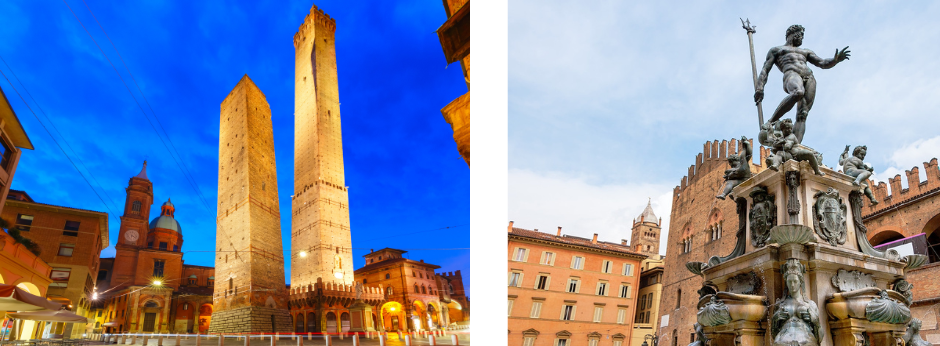
Bologna is widely regarded as the gastronomic capital of Italy, boasting a rich culinary heritage that has earned it global recognition. From its famous ragù alla bolognese to fresh handmade pasta like tortellini and tagliatelle, the city offers an authentic food experience that celebrates tradition and local ingredients. In addition to its renowned dishes, Bologna’s vibrant markets and trattorias provide endless opportunities for conference attendees to savour the flavours of Emilia-Romagna, a region famous for its Parmesan cheese, balsamic vinegar, and cured meats.
Hotels
Keeping in mind that Bologna is a highly attractive travel and event destination we highly recommend to plan your trip and book yourself a hotel at your earliest convenience if you prefer to stay in the old town. As organizers, we are not recommending any particular hotels as they are so popular and are always booked ahead of time by an intensive stream of tourists that pre-bookings for events are not being offered. Therefore, if you are willing to stay in the old town where the University of Bologna is located, we kindly advise you to book your accommodation as soon as possible.
Welcome reception – Hercules courtyard of Palazzo Poggi
(Via Zamboni 33, Bologna) at 6:00 pm Sunday, June 15, 2025
Welcome reception is planned in a unique location – Hercules courtyard of Palazzo Poggi – a striking feature of this historic building, reflecting the grandeur of Renaissance architecture and design. Located at the heart of the palazzo, the courtyard is named for the impressive statue of Hercules that dominates the space, symbolizing strength and wisdom—qualities that reflect the mission of the University of Bologna, to which the palazzo belongs. This statue, surrounded by graceful arcades and adorned with classical columns and arches, exemplifies the palatial style and artistic aspirations of Bologna’s past. The courtyard’s serene and balanced design invites visitors to pause and appreciate the architectural details and craftsmanship, while its open-air layout provides natural light, creating an atmosphere of calm and contemplation. This iconic courtyard serves not only as a beautiful architectural element but also as a symbolic reminder of the rich intellectual and cultural history housed within Palazzo Poggi.
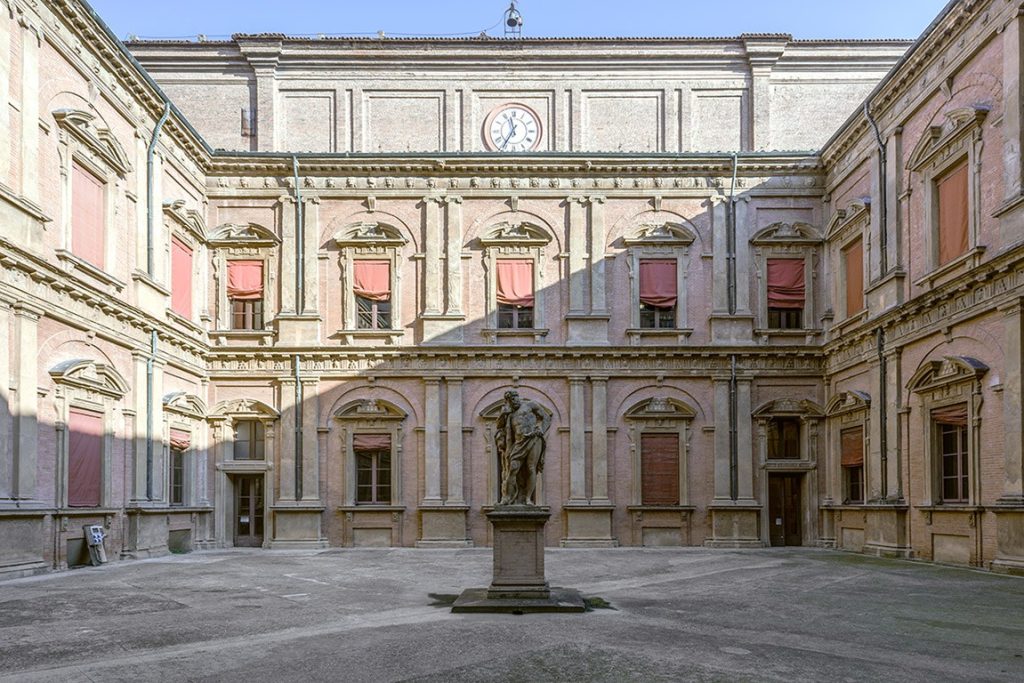
Palazzo Poggi – the current Rectorate building of the University of Bologna, was built in about 1550 as as the home of Alessandro Poggi, while in 1714 the Palazzo Poggi became the House of the Science Institute of Bologna. Pallazo Poggi also houses various university museums, the university rectorate, the Bologna University Library and the picture gallery, with over 600 fine portraits.
NB. In unfortunate case of heavy rain Welcome reception could be moved inside of Palazzo Poggi.
Guided tour to Palazzo Poggi museums starting 5:00 pm Sunday, June 15, 2025
Don’t miss the chance to join a guided tour of the Palazzo Poggi Museums in English! You can register for the tour when signing up for the conference. Please note that only registered participants who have signed up for the tour will be admitted. The 30-minute guided tour costs €9 per person and will begin at 5:00 PM. There is only a limited number of tickets available for these tours so do not miss it!
The Palazzo Poggi houses a fascinating museum collection offering a window into Renaissance and Enlightenment scientific exploration, reflecting Bologna’s historical commitment to knowledge and discovery. The Palazzo Poggi Museums hold a unique array of collections, spanning topics from natural history and anatomy to military architecture, physics, and maritime sciences.
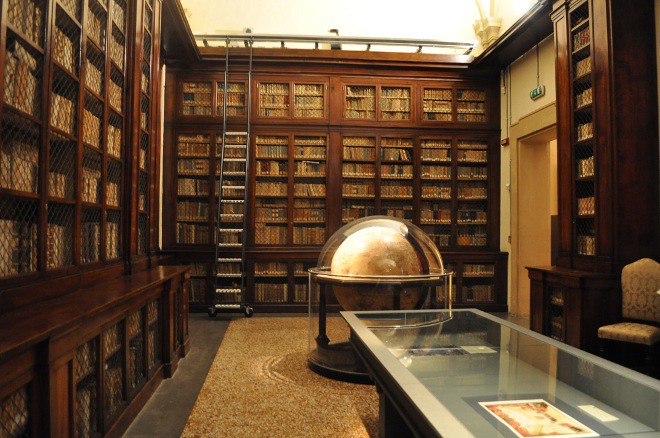

One of the most impressive halls in the Palazzo Poggi Museums is the anatomical collection, which showcases the extraordinary advances made in human anatomy and medical knowledge during the 17th and 18th centuries. This hall features meticulously crafted anatomical wax models created by Ercole Lelli and his successors, which were used to teach medical students in an era when dissection opportunities were rare. The life-sized, hyper-realistic figures reveal the complexity of the human body with stunning accuracy, detailing muscles, organs, and veins in vivid, sometimes unsettling, precision. These models are didactic – were used for student education, have moving parts and reflect both scientific rigor and artistic skill, making them both educational and visually striking. Together with other medical instruments and manuscripts, the anatomical collection immerses visitors in a period when Bologna was at the forefront of medical and anatomical studies, leaving an indelible mark on the development of modern medicine.
Gala Dinner – Palazzo Isolani
(Via Santo Stefano, 16, 40125 Bologna BO, Italy) at 7:00 pm Monday, June 16
Do not miss a spectacular and authentic experience of EDEN Gala dinner at the historical Palazzo Isolani in the old town of Bologna. EDEN Gala dinner is also distinguished with the traditional EDEN Best Research Paper Award in cooperation with The UNESCO Chair in Education and Technology for Social Change.
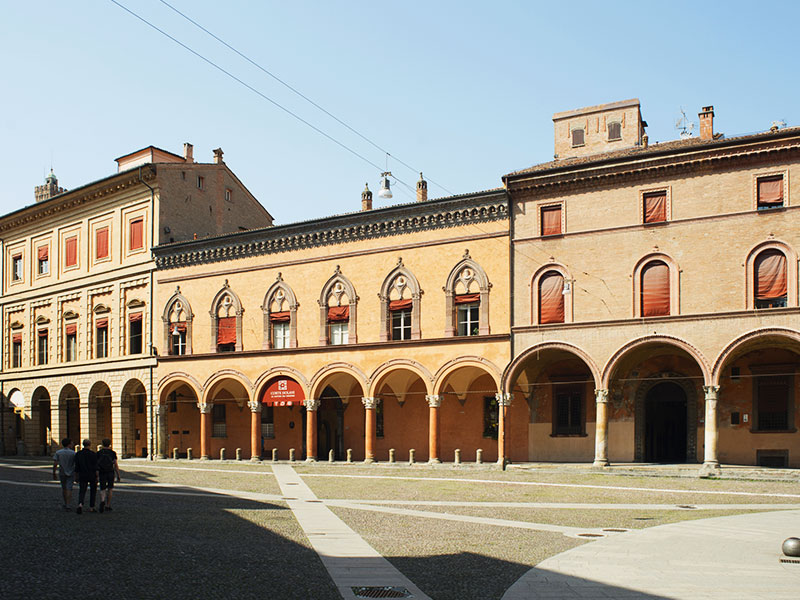
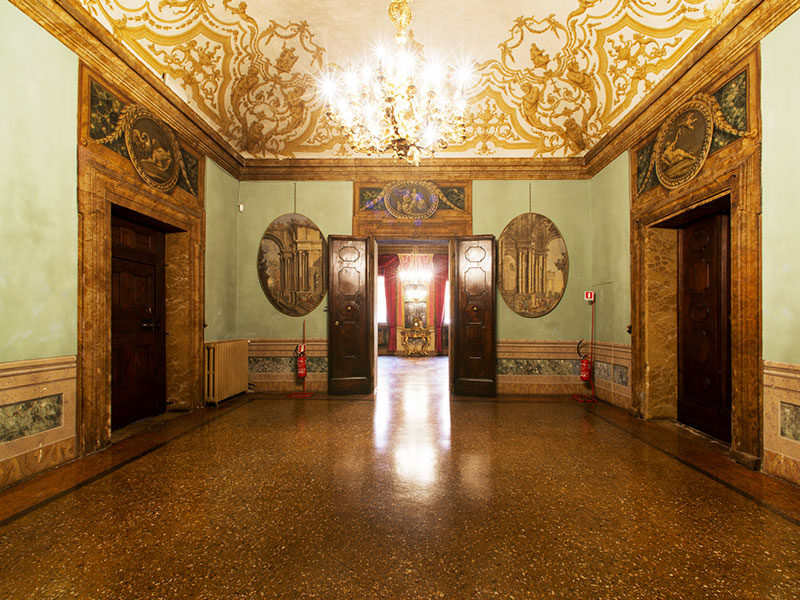
Palazzo Isolani, located in the heart of Bologna near the iconic Piazza Santo Stefano, is a magnificent example of 18th-century architecture, though it incorporates elements from earlier periods. The palace showcases a blend of Baroque and Neoclassical styles, reflecting the grandeur and influence of the prominent Isolani family, who once resided there. Inside, visitors can admire beautifully frescoed ceilings, elegant halls, and historical furnishings that evoke the aristocratic lifestyle of the era. Today, Palazzo Isolani serves as a cultural and social hub, hosting events, exhibitions, and private gatherings. Its historical significance and architectural beauty make it a must-visit destination for those exploring Bologna’s rich heritage.
NB: Palazzo Isolani is an authentic and historical building that is not equipped with modern air-conditioning.
Sponsors
Learn more about sponsorship possibilities for EDEN 2025 Annual Conference that will be held in University of Bologna (Italy), 15-17 June 2025, in the following booklet:
